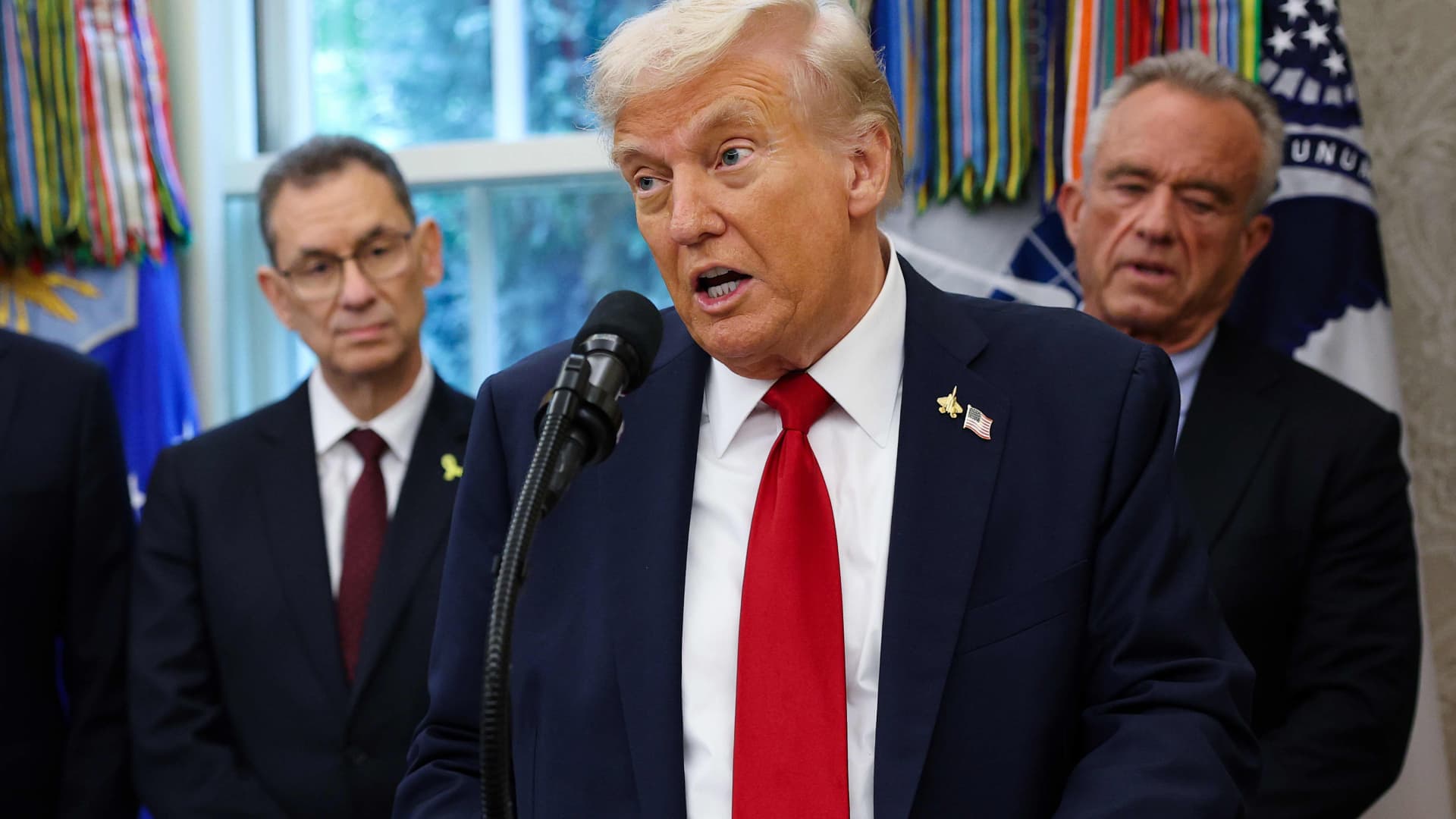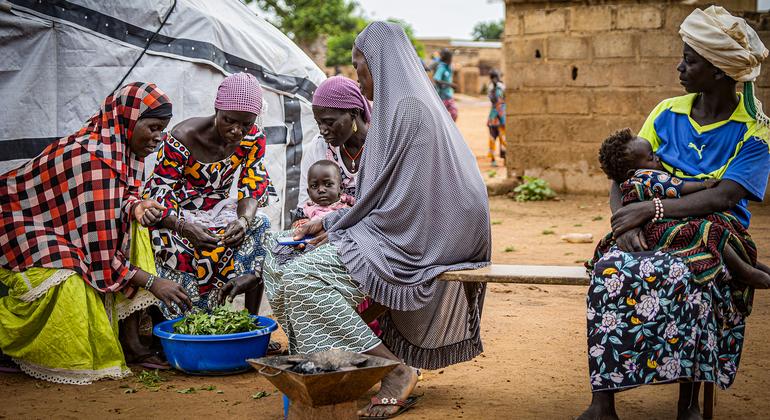Results from 17 countries showed that boys and girls aged seven to nine spent more time looking at screens and less time playing outdoors, reflecting an increase in overweight children in this same age range.
More than 50,000 children were surveyed between 2021 and 2023, following the start of global lockdowns in March 2020.
A nuanced image
“The panorama presented in this report is nuanced; in some countries there were positive changes, such as more families eating togetherbut there were also some worrying findings, including An increase in unhealthy eating habits and sedentary time.” said Dr. Kremlin Wickramasinghe, WHO/Europe regional advisor for nutrition, physical activity and obesity.
The report revealed that 36 percent of children increased the time they spent watching TV, playing online games or using social media during weekdays.and 34 percent increased their recreational screen time on weekends.
Other key highlights include that 28 per cent of children experienced a decrease in time spent on outdoor activities during weekdays. 42 percent reported a decrease in happiness and well-being. and one in five reported feeling sad more often.
On a more positive note, families reported an increase in eating home-cooked meals, eating together, and cooking together with children.
Create supportive environments
Dr. Wickramasinghe hoped that the report will prompt countries in the region to take urgent measures to improve nutrition and physical activity creating environments that support healthy behaviors.
“We cannot afford to ignore these trends. In our region, one in three children lives with overweight and obesity, and the consumption of fruits and vegetables is already low,” she stated.
Dr. Ana Rito, head of the WHO Collaborating Center for Childhood Nutrition and Obesity and co-author of the report, stressed its importance.
“Providing the region and Member States with concrete evidence of the problematic outcomes of behavioral changes based on the global pandemic will allow us to address future health crises with greater strategy and sympathy,” she said.
A brighter future
The pandemic highlighted the urgency of tackling childhood obesity, the WHO said, and countries must build back better by prioritizing healthy eating and physical activity for all children.
The WHO recommended measures such as marketing restrictions, taxes on unhealthy products, clear nutritional labels on foods and school programs to improve diets and promote physical activity.
The agency said The new data “can be used to inform and improve current policies. throughout the region and shape much-needed plans for future emergencies and pandemics that may lead to the interruption of educational processes or the closure of schools.”











